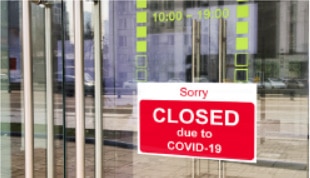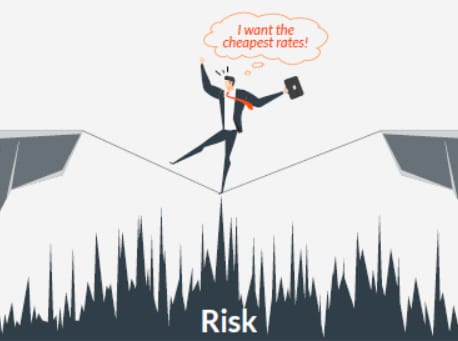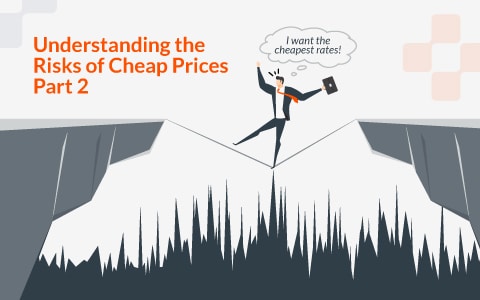Understanding the RISKS of CHEAP Prices: Part 2
Mind your usage cap!
When you sign up for your electricity contract, you expect to only pay for what you’ve consumed at the price you agreed with, right? Not with some retailers. In some cases, it’s not how much you use but how much your contract says you must use! Your agreement would dictate how much you must use or be ‘penalised’. Let’s call this restriction, ‘usage caps’. Having a usage cap means, if you consumed electricity a little more (or even less) than you agreed to consume, you could be charged additional fees or at a spot market price which can go up to $14,700/MWh. In some cases, even if you consume less based on your agreed use, you will still need to pay up to the amount of the usage cap that’s been set in your contract – so, that’s paying for electricity you didn’t use!
Contrary to popular belief, instead of saving money when you use less, having a usage cap actually exposes you to paying for energy you didn’t consume. These caps can be measured across the whole contract, a year or even as short as three months.


So, is cheaper electricity rate worth the risk of a cap?
That depends on how much you think your usage is going to change. However, with a quarterly cap and unforeseen events, paying more than the face value of an electricity price is highly likely.
It’s all about forecasting risk. If you don’t feel confident in predicting accurately your energy consumption for each 3 months for the next three years, maybe you shouldn’t be signing a contract with a low ‘sticker price’ rate but with aggressive usage caps.
Save Your Business More, Seek the Help of an Expert.
“The first thing you turn-on and the last thing you turn-off when you operate your business, is electricity, this means every second your business operates has an equivalent electricity consumed and a dollar value paid, make every cent of your business money count. Don’t just look at the price, know how much it would really cost you.” – Crystel Jugo, Power Choice lead energy market analyst and electrical engineer
Speak to a Power Choice expert today! Call us at 1300 165 020 or email [email protected].

